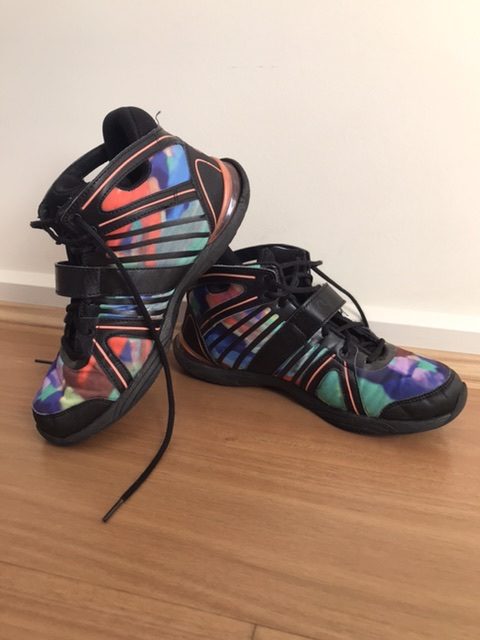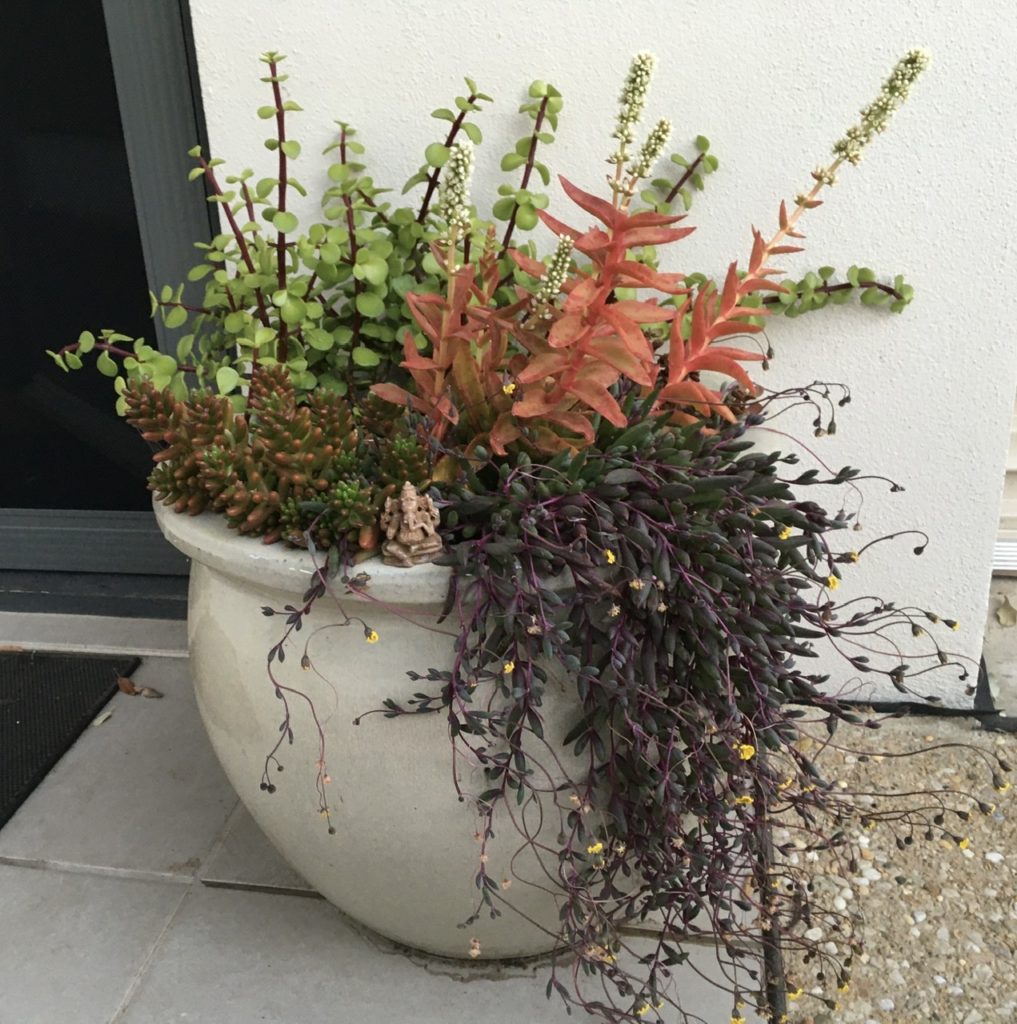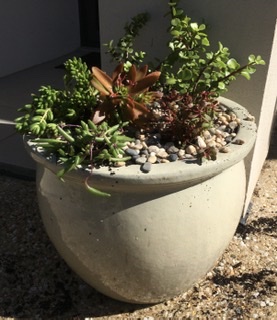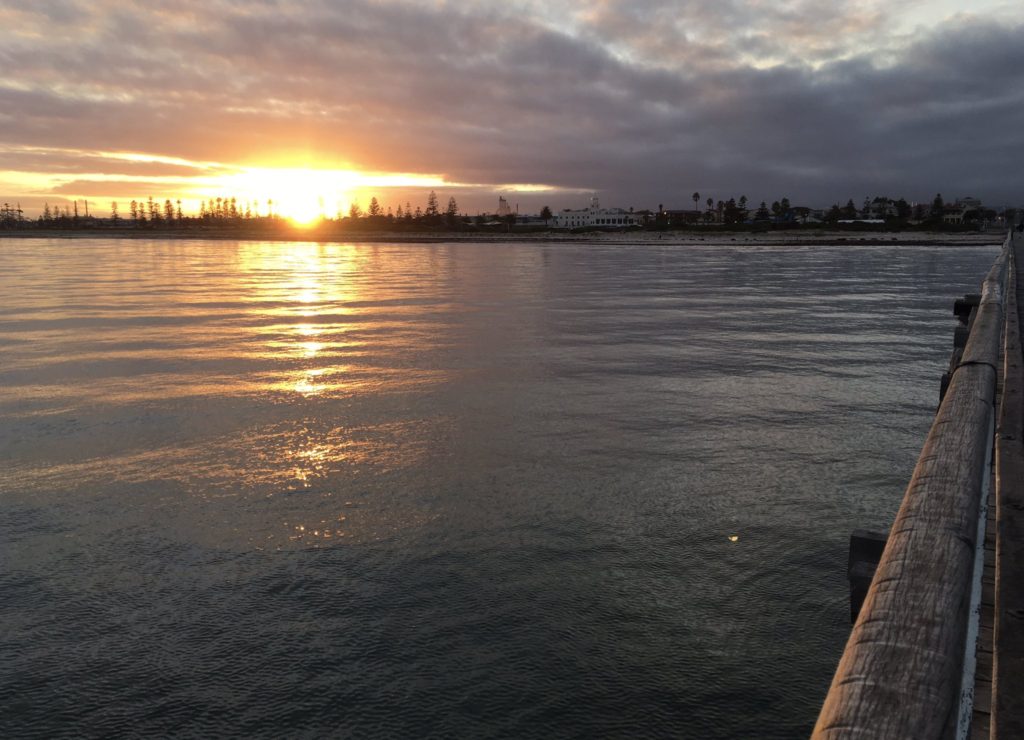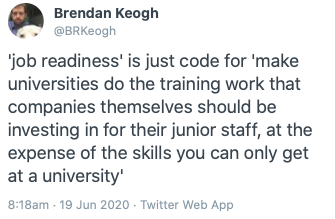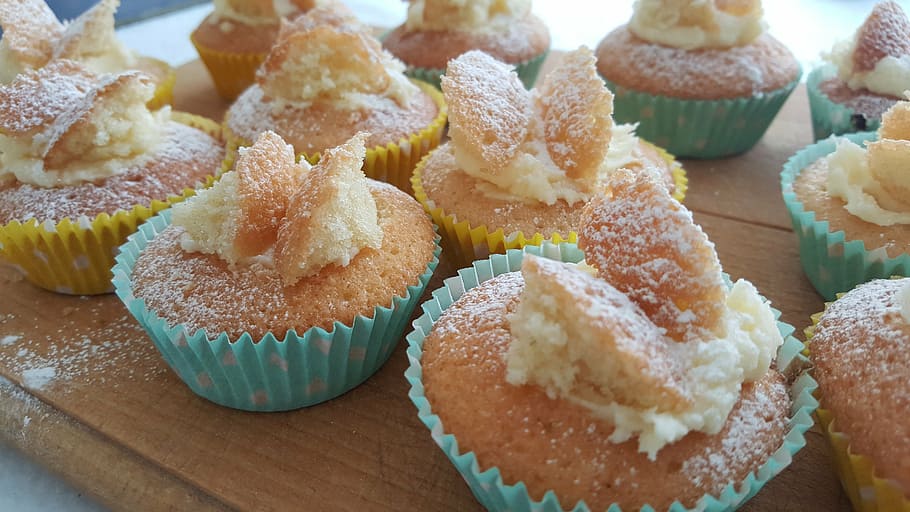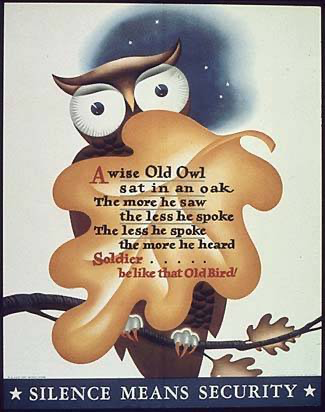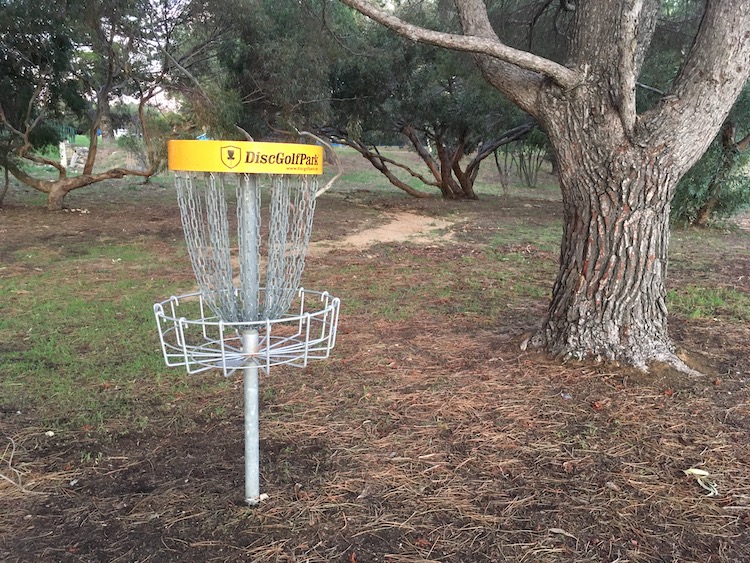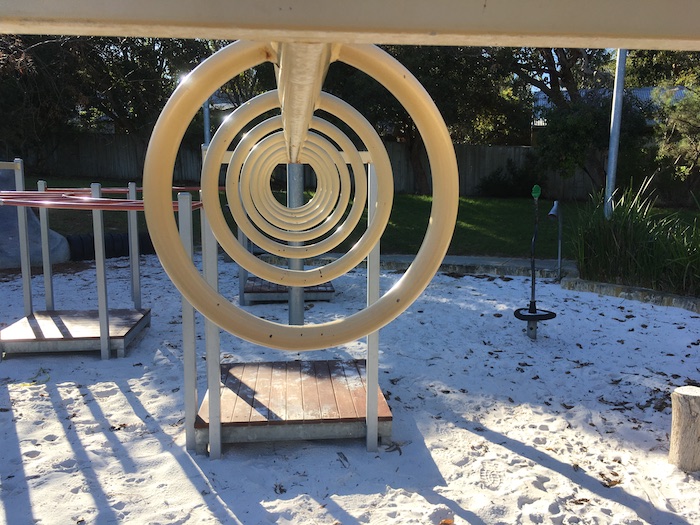IT’S UNFAIR AND WE NEED TO FIX IT
COVID-19 has magnified cracks and inequities in how we share what we have.
Disproportionate numbers of black people are dying world-wide from the disease. In Australia thousands of people already unemployed are finally able to afford food and shelter now that the government has matched their payment to the payment provided to people who are newly-unemployed because of the pandemic.
Just two examples out of so many.
Non-white people already knew about the inequities.
I think white people already knew too. Rather than debating whether we did, or didn’t know before, we clearly do know now.
COVID-19 has hit hard and discriminately because we live in an unfair system. People die when there is no Personal Protective Equipment not because we are without resources to plan, manufacture or distribute this; it is because we live in countries that allow and encourage obscene and uneven distribution of resources. Direct consequences of active choices.
The pandemic was the catalyst to so many deaths, but as can be seen by the differing death rates in different countries, a large proportion of deaths are the result of political systems that accept unfair decisions about resource allocation.
I’M A WHITE WOMAN. WHAT CAN I DO TO MAKE THINGS BETTER?
In Australia I benefit through nothing I have done except be born in a family that is treated differently to other families by the education, health, social and employment systems. Others are penalised for exactly the same reason.
What do we do? How can white people be allies and listen well to non-white voices without forcing them to do the work to educate us?
Listening. Amplifying voices. Not speaking on behalf of, or over non-white voices – and not speaking up when there is a non-white person who could do the job. Admitting our comfort is at the expense of others’ discomfort. Leaning into discomfort, not expecting praise for learning to be better at giving space and listening. Donate to organisations like the Aboriginal Legal Service.
I am framing this as “who gets material stuff is unfair”, but acknowledge that it is not so simple or surface. As a white woman I have a very different experience about how I feel about my personal safety at any minute, what kinds of checks I am doing to monitor my tone and how I am appearing to others when I go outside my home.
I have very different expectations about which institutions and people working in them I can trust to help, and which I need to avoid due to a history of pain and damage to people like me. I have a difference in how often I will be minding my business and feeling OK about the world, only to have that challenged by intentional or unintentional reminders of being treated differently due to my family.
TAKING ACTION THROUGH CIVIL PROTEST
In Western Australia The Black Lives Matter March takes place in Hyde Park at midday on Saturday 13 June.
Changing the world to a fairer, more equitable, one for everyone is not just a Saturday afternoon, or even a single weekend, job. White people need to give things up. We may, and should, come out with less so everyone can have more.
Listening to non-white voices, finding out what help is needed, not doing what we think is better without first checking is a key way. Marching at the back in protests. Speaking out, even though we know we may sound hypocritical and tokenistic, and if we are accused of this changing how we do it so we do it better next time.
This is a long road and everyone who wants to help will do it differently. For me, I can see that civil action and protest will continue to be part of the way I want to make a difference.
Taking part in School Strike for Climate and Extinction Rebellion direct actions at the end of last year I was reintroduced to resources and concepts around Non Violent Direct Action. Part of the process involves working out what you personally do and do not consider to be violent, how far you would personally go in acts of non-violent disobedience and learning techniques for de-escalation, conflict resolution, restorative action and keeping yourself and others physically safe.
If you are thinking about protest and civil action being part of how you address inequity, then you may be interested in following up resources around NVDA on Nicola Paris’ CounterAct site, or Non Violent Direct Action resources at the Commons Social Change Library

